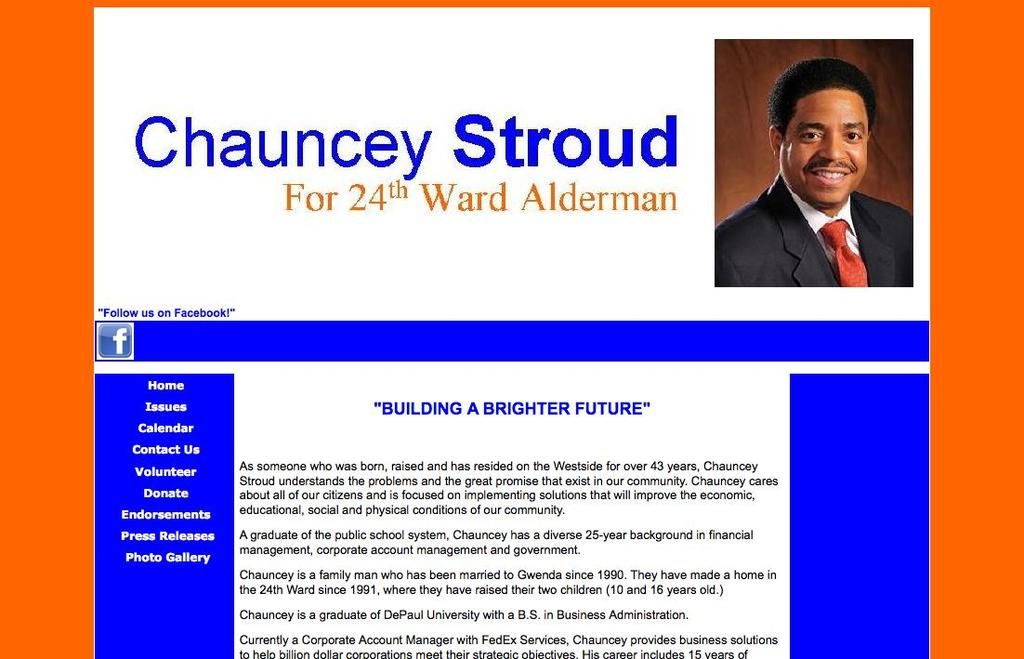Impact of Present VIX Value on Investor Attitudes
The Fear Gauge's Current Reading:
The CBOE Volatility Index, colloquially known as the "fear gauge," currently stands at 21.93, marking a 6.72% drop from the previous trading day but a colossal 51.66% surge compared to a year ago. This figure offers valuable insights into investor sentiment and broader market conditions.
1. Interpreting the Current VIX Level:
- Moderate Volatility: A VIX ranging from 20 to 25 points to a moderate level of market volatility. Relative to low-volatility periods (VIX below 15), it signifies a more cautious investor stance.
- Historical Context: The current VIX is substantially higher than a year ago (14.46), demonstrating escalating market uncertainty. However, it remains far below crisis levels such as the 80.86 high during the 2008 financial meltdown.
2. Impact on Investor Psychology:
- Cautious Optimism: The recent decrease in the VIX (from 23.51 to 21.93) may indicate easing short-term anxieties, potentially aiding market stabilization.
- Persistent Worry: Despite the decline, the year-over-year spike underscores enduring macroeconomic worries, such as inflation, interest rate policies, and geopolitical risks.
- Risk Management: A heightened VIX often prompts investors to diversify portfolios, boost cash reserves, or allocate resources to safer assets like bonds and dividend stocks.
3. Investor Behavior Trends:
- Institutional Movers: Professional traders might employ VIX-linked options and futures to protect against market downturns.
- Retail Preferences: Elevated volatility can dampen retail investor participation in equities, driving demand for safe-haven assets like gold and U.S. Treasury bonds.
4. Marketwide Implications:
- Equity Market Swings: Historically, a rising VIX correlates with stock sell-offs, whereas a decrease might signal market recovery or stabilization.
- Market Liquidity: Escalating volatility often diminishes market liquidity, widening bid-ask spreads and dampening trading activity, further undermining investor confidence.
Wrap-up:
With a reading of 21.93, the VIX suggests that while markets are not in panic mode, investors are more cautious than they were a year ago.
The harmony between subsiding short-term volatility and lingering macroeconomic concerns indicates that investors will likely keep refining their strategies, focusing on less volatile sectors while prioritizing risk management measures.
Extra Reading
- Carlos Slim Ditches Elon Musk's Starlink: What Does This Mean for the Satellite Pioneer?
- Intuitive Machines' Athena Lander Aims for Groundbreaking Lunar Landing amid Market Uncertainty
Additional Insights:
- A high VIX reading, frequently referred to as the "fear index," reflects rising apprehension among investors, most commonly observed during periods of market turmoil or significant geopolitical events.
- When the VIX is elevated, investors tend to seek safe-haven investments, shifting their strategies towards lower-risk assets.
- A low VIX level often signifies investor confidence and market stability, marking a more passive market atmosphere.
- The VIX reflects market forecasts for short-term volatility. Increased VIX levels indicate that investors anticipate substantial price swings in the near future.
- VIX levels surpassing 30 often correspond with market corrections or periods of financial instability caused by geopolitical tensions, economic worries, or major market events.
- There is typically a negative correlation between the VIX and stock prices. When share prices fall, the VIX usually climbs, and when stock prices rise, the VIX tends to decline.
- Africa's potential as a growing market for trade could be an attractive investment opportunity, given the current cautious yet more active investor stance revealed by the VIX.
- Logistics companies in Africa might face challenges due to the uncertainty in the broader market conditions, as investors could prioritize risk management measures like diversification and boosting cash reserves.
- The Finance sector, including African stock exchanges, may see volatile market swings as the correlation between the VIX and stock prices indicates that falling stock prices often lead to an increase in the VIX.
- Investors looking to diversify their portfolios might consider investing in African markets, particularly in less volatile sectors such as bonds and dividend stocks, amidst the current heightened market volatility.





